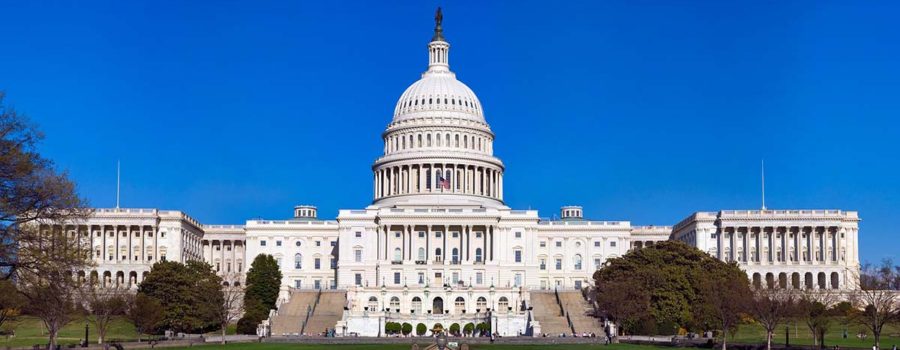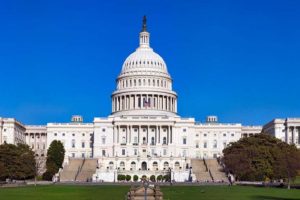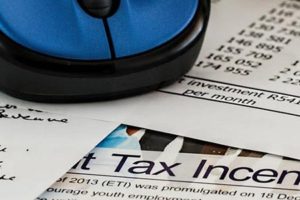Paycheck Protection Program (PPP) Reform Bill Passes the US Senate
On Wednesday evening, June 3, the Senate passed a Paycheck Protection Program reform bill, clearing it for President Donald Trump’s signature. The bill, which passed the House last week, gives business owners more flexibility and time to use loan money and still get it forgiven as part of the Paycheck Protection Program. The legislation, titled the Paycheck Protection Program Flexibility Act, is intended to make loans more accessible under the program by making its terms of use more flexible.
Following is a summary of the legislation’s main points as compiled by the AICPA:
- PPP borrowers can choose to extend the eight-week period to 24 weeks, or they can keep the original eight-week period. This flexibility is designed to make it easier for more borrowers to reach full, or almost full, forgiveness.
- Under the language in the House bill, the payroll expenditure requirement drops to 60% from 75% but is now a cliff, meaning that borrowers must spend at least 60% on payroll or none of the loan will be forgiven. Currently, a borrower is required to reduce the amount eligible for forgiveness if less than 75% of eligible funds are used for payroll costs, but forgiveness isn’t eliminated if the 75% threshold isn’t met. Rep. Chip Roy (Texas), who co-sponsored the bill in the House, said in a House speech that the bill intended the sliding scale to remain in effect at 60%. Senators Marco Rubio and Susan Collins indicated that technical tweaks could be made to the bill to restore the sliding scale.
- Borrowers can use the 24-week period to restore their workforce levels and wages to the pre-pandemic levels required for full forgiveness. This must be done by Dec. 31, a change from the previous deadline of June 30.
- The legislation includes two new exceptions allowing borrowers to achieve full PPP loan forgiveness even if they don’t fully restore their workforce. Previous guidance already allowed borrowers to exclude from those calculations employees who turned down good faith offers to be rehired at the same hours and wages as before the pandemic. The new bill allows borrowers to adjust because they could not find qualified employees or were unable to restore business operations to Feb. 15, 2020, levels due to COVID-19 related operating restrictions.
- Borrowers now have five years to repay the loan instead of two. The interest rate remains at 1%.
- The bill allows businesses that took a PPP loan to also delay payment of their payroll taxes, which was prohibited under the CARES Act.
As always, please contact us at Messina & Associates if there is anything we can do to help you navigate this new legislation from an accounting or tax perspective.



